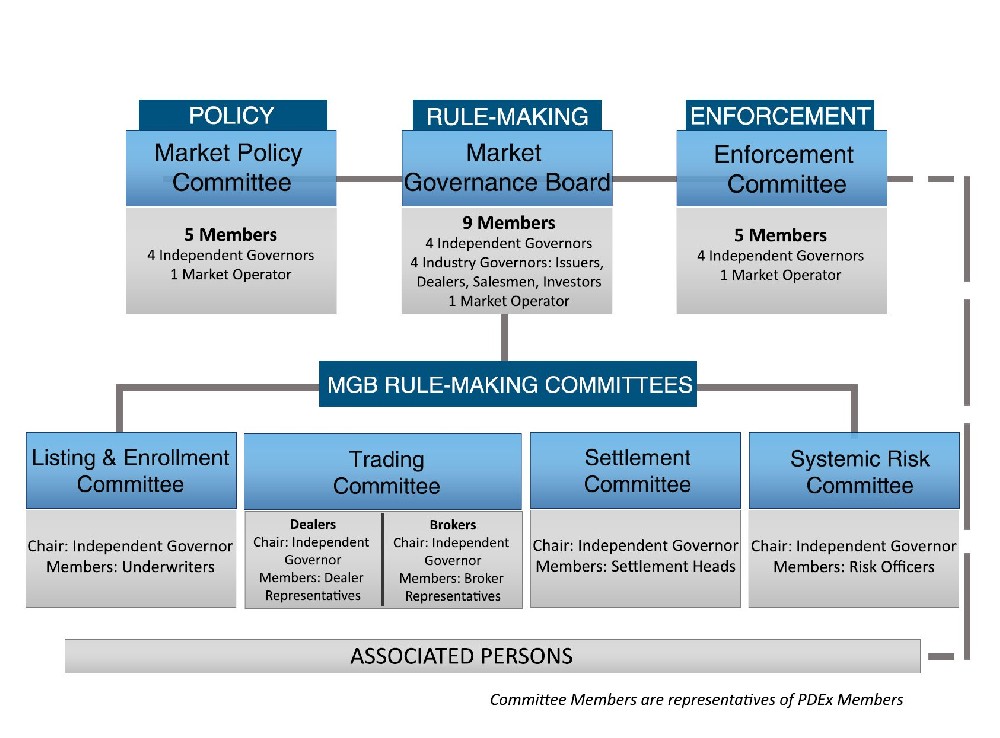Financing is a crucial aspect of any business, especially for startups and small enterprises that need capital to launch or grow their operations. However, financing also comes with various challenges and opportunities that entrepreneurs and managers need to be aware of and address. Here are some of the main issues and solutions related to financing:
Access to finance: One of the most common challenges faced by new or small businesses is the lack of access to adequate and affordable sources of finance. Many traditional lenders, such as banks, are reluctant to lend to risky or unproven ventures, or impose high interest rates and collateral requirements. Moreover, many entrepreneurs may not be aware of the alternative options available, such as angel investors, venture capitalists, crowdfunding platforms, or government grants. To overcome this challenge, entrepreneurs need to have a clear and realistic business plan, a strong value proposition, a good credit history, and a network of potential investors and supporters. They also need to research and compare the different sources of finance, and choose the ones that best suit their needs and goals.
Financial management: Another challenge faced by many businesses is the lack of effective financial management skills and systems. Financial management involves planning, organizing, controlling, and monitoring the financial resources and activities of a business, such as budgeting, forecasting, accounting, reporting, auditing, and taxation. Without proper financial management, a business may face cash flow problems, inefficiencies, errors, fraud, or compliance issues. To overcome this challenge, entrepreneurs need to hire or train qualified and experienced financial professionals, or outsource some of the financial functions to external experts. They also need to implement and use reliable and user-friendly financial software and tools, and establish clear and consistent financial policies and procedures.
Financial innovation: A major opportunity for businesses in the current era is the emergence and adoption of financial innovation, which refers to the creation of new financial products, services, or processes that improve the efficiency, effectiveness, or accessibility of the financial system. Financial innovation can come from advances in financial instruments, such as derivatives, securitization, or crowdfunding, or from advances in technology, such as digital platforms, blockchain, or artificial intelligence. Financial innovation can benefit businesses by introducing new ways of financing, investing, or managing risks, by increasing the competition and efficiency of the financial sector, by reducing the barriers and costs of accessing finance, and by creating new markets and opportunities for financial actors. To take advantage of this opportunity, entrepreneurs need to be aware of and open to the latest trends and developments in the financial industry, and adopt or adapt the financial innovations that are relevant and useful for their business.
Financial regulation: A significant challenge and opportunity for businesses in the globalized and interconnected world is the impact and influence of financial regulation, which refers to the rules and standards that govern the financial system and its participants. Financial regulation aims to ensure the stability, integrity, and transparency of the financial system, and to protect the interests and rights of the consumers, investors, and society. Financial regulation can affect businesses by imposing taxes, fees, and regulations on various activities, transactions, or industries, or by providing subsidies, tariffs, or bailouts to support or protect certain sectors or actors. Financial regulation can also create or change the incentives, behavior, and welfare of the financial actors, and affect the availability and cost of credit, the value of the currencies, and the inflation rate in the economy. To cope with this challenge and opportunity, entrepreneurs need to be aware of and comply with the relevant financial regulations in their markets, and to monitor and anticipate the changes and implications of the financial policies and actions of the governments and authorities.
These are some of the main challenges and opportunities in financing that businesses need to consider and address.







